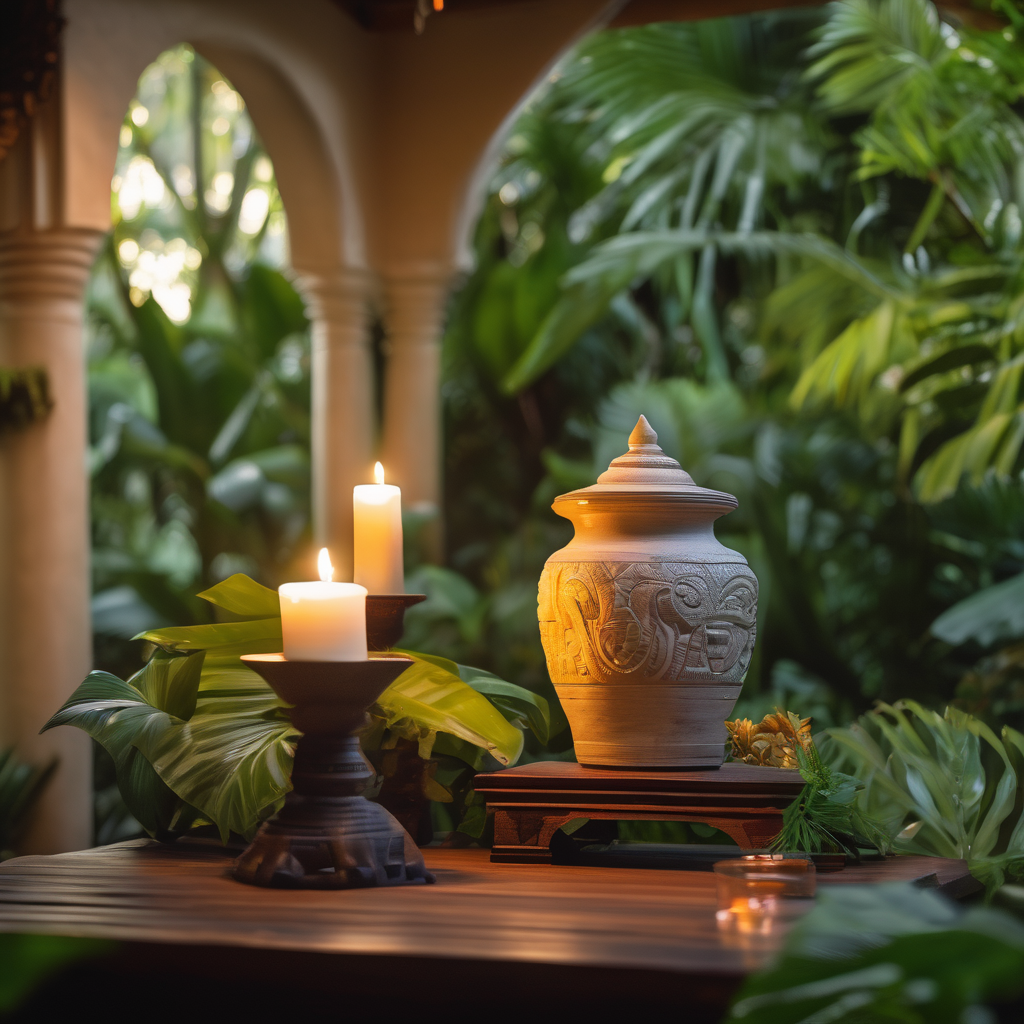Daily burials are increasingly straining resources for the Fiji Corrections Service, according to Deputy Commissioner Auta Moceisuva, who addressed these concerns during a Parliamentary Standing Committee on Justice, Law, and Human Rights meeting. With three main burial grounds in operation daily, each site is monitored by two officers overseeing six inmates.
Transportation logistics vary, with nearby Nasinu Cemetery being more accessible than the more distant Tavakubu. To maintain security during these operations, K9 units are deployed. The cost associated with these logistical challenges amounts to roughly $500 per week, covering expenses related to fuel, meal allowances, and K9 support.
Each private grave incurs a fee of $36, with additional costs for reopening plots. However, Moceisuva noted that the current fee structure is under review and new rates have yet to be finalized.
The Fiji Corrections Service is advocating for the establishment of new cemetery sites and promoting the wider adoption of cremation as a sustainable solution to land scarcity. This proposal aligns with previous discussions highlighting the growing concerns regarding cemetery capacity in urban areas like Suva and Lautoka, where burial spaces may be exhausted within the next 10 to 15 years.
Deputy Commissioner Moceisuva’s recent report reflects an ongoing dialogue on modernizing the Burial and Cremation Act of 1911 to better address contemporary land management challenges and cultural practices regarding burial. The emphasis on cremation as an alternative poses a cultural shift, especially for communities that have historically favored burial methods.
The Fiji Corrections Service’s proactive measures indicate a commitment to ensuring that burial practices remain respectful and sustainable, reflecting community values while addressing pressing logistical issues. This initiative showcases a collaborative effort to enhance end-of-life care and the handling of unclaimed bodies, with community groups stepping forward to provide dignified final rites.
Fiji’s response to these challenges shows a hopeful outlook toward improving burial services, signifying a blend of modern practices alongside traditional values, ultimately fostering a respectful environment for all individuals at the end of their life journey.
